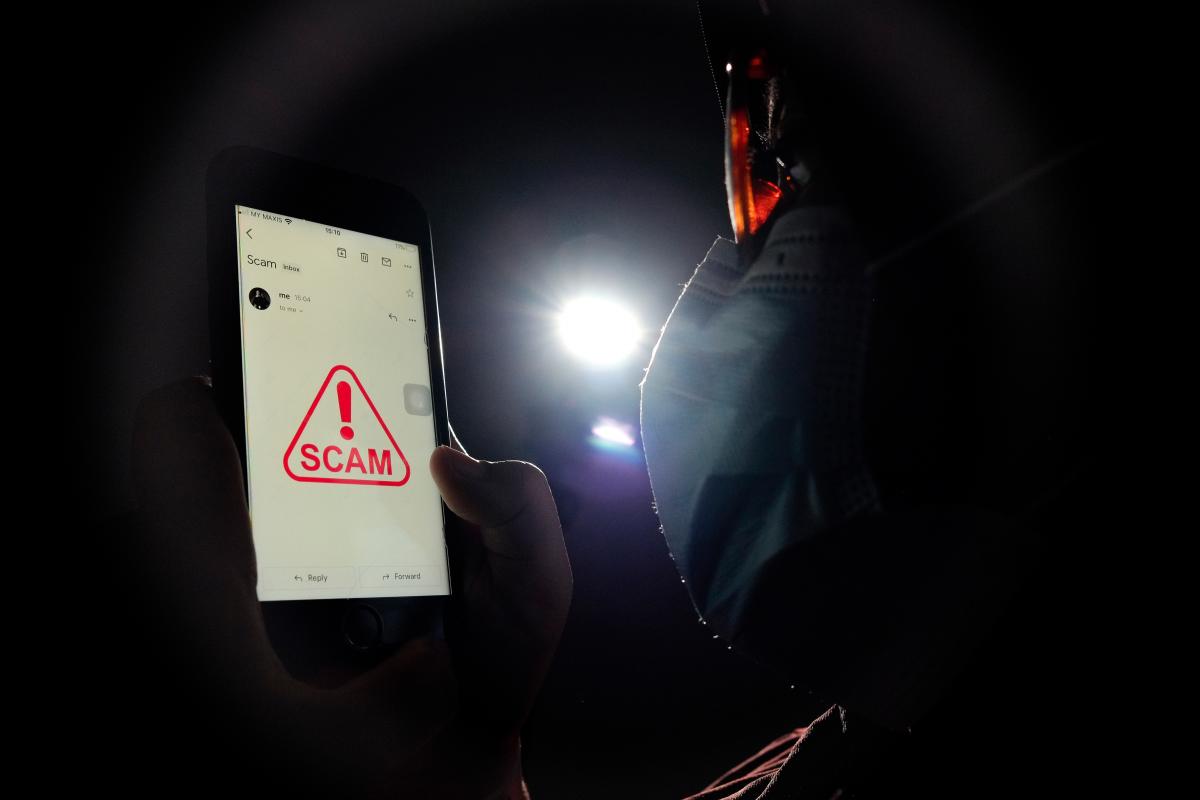KUALA LUMPUR: Nine in 10 Malaysians actively read scam-related alerts, with satisfaction levels rising to 73 per cent, according to a survey released by the Association of Banks in Malaysia (ABM) and the Association of Islamic Banking and Financial Institutions Malaysia (AIBIM).
The survey reflects a growing awareness of scams and rising public trust in the financial sector’s protective measures, driven by the ongoing #JanganKenaScam national awareness campaign, the two associations said in a joint statement today. Commissioned by the banking sector and conducted by Rakuten Insight between March and April 2025, the survey gathered responses from 1,000 individuals nationwide.
According to the survey, 92 per cent of users recognised the risks of installing unsolicited Android Package Kit (APK) files, 85 per cent could identify fake short message service (SMS) messages, 79 per cent avoided suspicious links, 82 per cent would contact their bank if compromised, and 77 per cent would freeze their cards via mobile or online banking.
ABM chairman Datuk Khairussaleh Ramli said the campaign has played a key role in improving public awareness and emphasised the need to move beyond education and towards behavioural readiness.
“We are seeing a positive shift in public awareness and trust, but we also recognise that scammers exploit fear and urgency to bypass rational thinking. From the survey, we saw that 71 per cent of respondents feared losing money if scammers’ instructions were not followed, as the primary factor in scam cases,” he said.
According to the statement, Malaysians are also showing increased confidence in their banks’ protection measures, with 76 per cent of respondents expressing satisfaction with their banks’ overall effectiveness in safeguarding against scams, a 13 per cent rise from the previous survey.
Meanwhile, three in five respondents found their banks to be helpful after a scam had occurred, suggesting that post-incident support is becoming a trusted part of the response.
It also said social media remains the most common source of scam awareness, particularly on Facebook and Instagram, with seven in 10 Malaysians now actively sharing scam warnings within their networks, especially via WhatsApp, which reflects a growing culture of community-based vigilance.
AIBIM president Datuk Mohd Muazzam Mohamed said the results indicate that their awareness efforts are yielding positive outcomes, but they must not become complacent.
“Scammers are constantly evolving their tactics, and our response must adapt in tandem. We want to equip Malaysians not only with information, but also with practical instincts and tools they can rely on in moments of uncertainty,” he said. - Bernama









